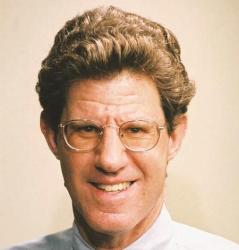

12:00 pm EDT - 1:30 pm EDT
Past Event
12:00 pm - 1:30 pm EDT
1775 Massachusetts Avenue, NW
Washington, DC
20036
Public investments in our nation’s infrastructure have been an important aspect of our American heritage. As a result, many citizens view it as their right to travel freely on the country’s roads and bridges. But urban traffic congestion is taking a significant economic toll on commuters, with the Texas Transportation Institute estimating in 2005 that the average peak-period motorist spends an extra 38 hours of travel time and consumes an additional 26 gallons of fuel annually. The result is an estimated cost to these urban commuters of approximately $710 per year.
Brookings’ Hamilton Project and Metropolitan Policy Program hosted a discussion on the merits and potential barriers to congestion pricing as a tool for combating urban gridlock. Brookings Fellow Robert Puentes provided an overview of the national transportation landscape and David Lewis, senior vice president with HDR Decision Economics, discussed his proposal for a coordinated federal-state policy framework for congestion pricing. A panel of experts discussed the proposal in the context of the current national debate.
Event Materials:
Download full event audio »
America’s Traffic Congestion Problem: Toward a Framework for Nationwide Reform, by David Lewis



Anthony F. Pipa, Adam Aley
March 2, 2026

Joe Gyourko
February 23, 2026

Brooke Tanner, Cameron F. Kerry, Andrew W. Wyckoff, Nicoleta Kyosovska, Andrea Renda, Elham Tabassi +1 more
February 17, 2026